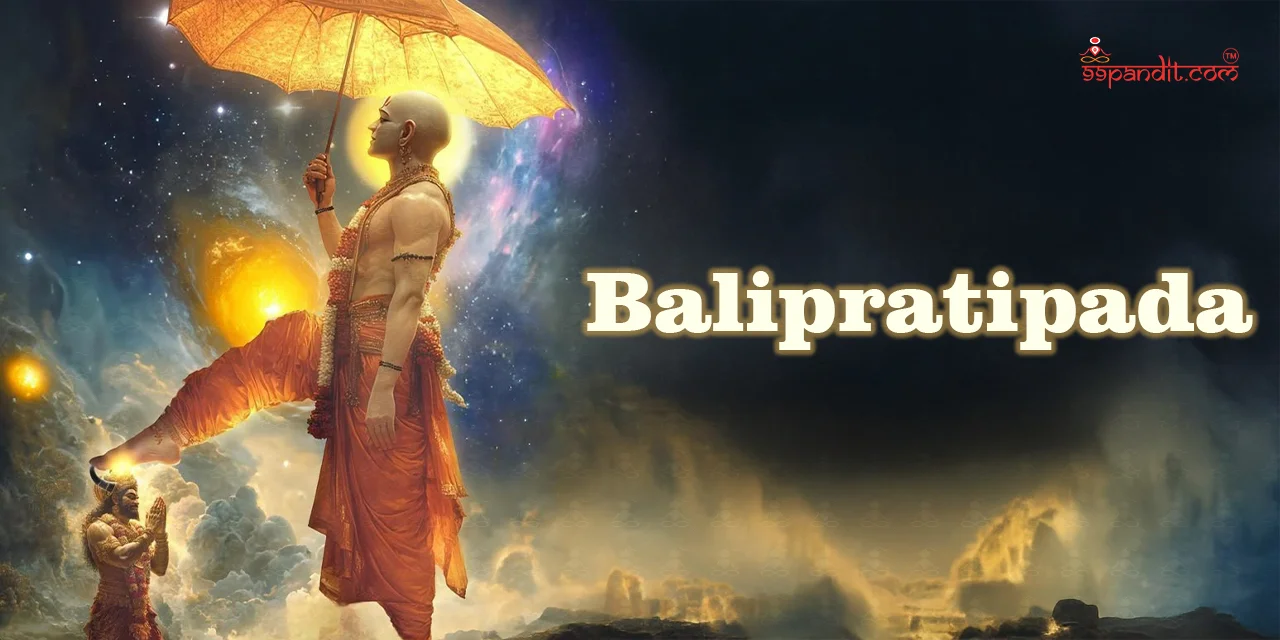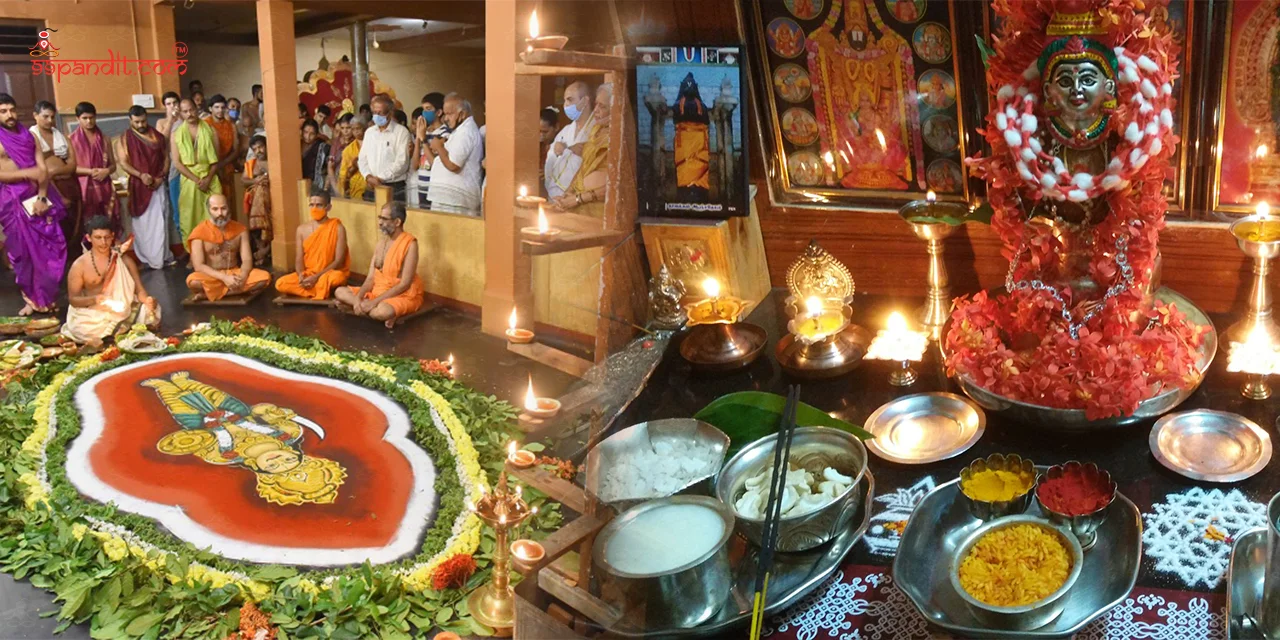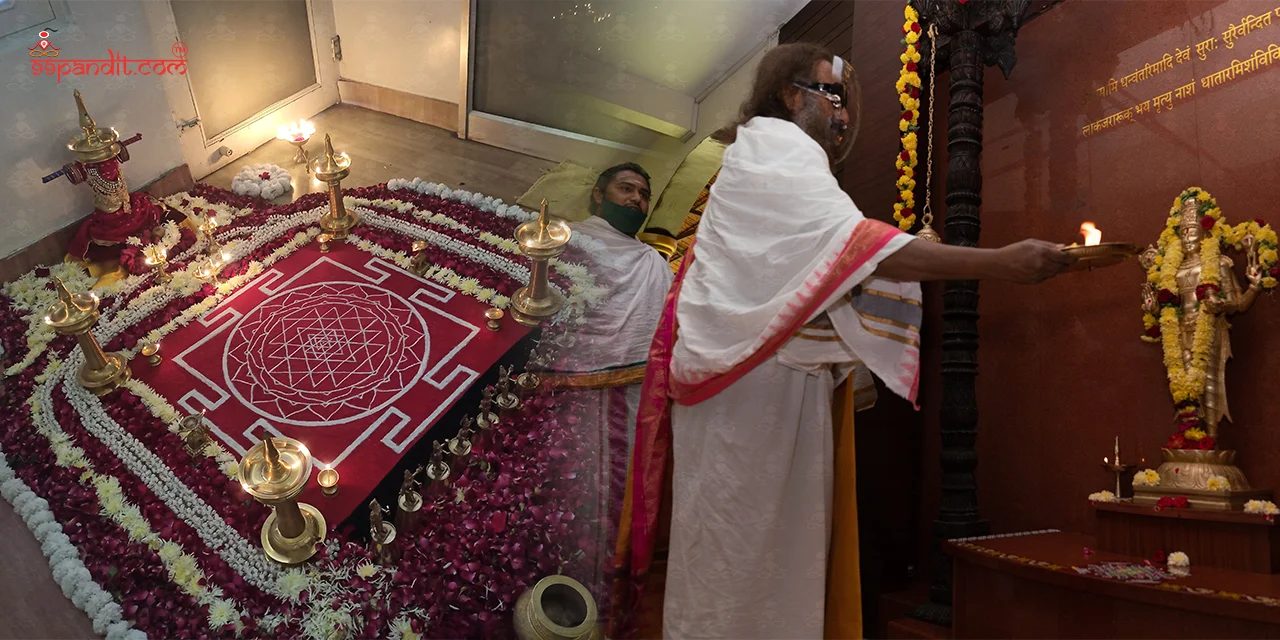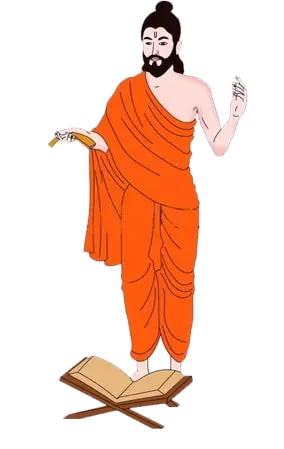Rama Ekadashi 2026: Date, Parana Time, Fasting Rules & Benefit
Rama Ekadashi 2026 is a highly auspicious fasting day observed by the followers of Lord Vishnu. Also known as Krishna…
 0%
0%

Balipratipada 2025, or Bali Padva or Bali Puja, is an important Hindu festival that occurs the fourth day of Diwali. It is done on the first day of Kartik’s Shukla Paksha in the Hindu calendar.
The festival is celebrated to commemorate the victory of good over evil. It is the day King Mahabali returns to the world, and the triumph of Lord Vishnu over Mahabali and other asuras is remembered.

It is religiously extremely significant across India, particularly in Gujarat and Maharashtra. There, it is celebrated as the beginning of the new year.
The day is blessed with many rituals, joy, illumination of houses with lights, and prayer.
In a few places, it is also celebrated, like the Govardhan Puja, which marks the victory of Lord Krishna over Lord Indra. Balipratipada in 2025 will be on Wednesday, October 22.
In this article, we shall study the mythological tale of Baliparathada, its traditions, and why Bali puja is vital. We will also examine its regional variation and how it is performed now.
Balipratipada 2025 will be on Wednesday, the 22nd of October. It is advised that you verify your local panchag for the right time where you are.
Regarding the good muhurta, then do the ceremony and puja in Pratpada Tithi, i.e., the first day of the lunar fortnight.
Bali Puja Muhurat for 2025:
Pratipada Tithi Begins – 05:54 PM on 21 Oct 2025
Pratipada Tithi Ends – 08:16 PM on 22 Oct 2025
Pratahkala Muhurat – 06:11 AM to 08:31 AM
Sayankala Muhurat – 03:30 PM to 05:49 PM
Balipratipada, universally celebrated as the victory of good over evil, carries deep meaning.
The tale of King Bali tells us greatness not only comes from the power but from the modesty that one carries within oneself.
Being the king of all three worlds, Bali has never strayed from the path of right and kept his promises until the end.
His willingness to give up not only materialistic things but himself as well shows the power of faith and devotion.
The festival portrays the idea that nothing stays the same, be it power, success, or failure. They all keep coming and going, just a part of the life process.
What actually stays and makes you remembered by the people is your values and the actions you take.
The festival is a fine example of a lesson that good deeds always come back to you, no matter what. It inculcates the habit of leading life with kindness and truthfulness.
Moreover, the inner strength lies in being calm and not using your power unnecessarily on other people.
Balipratipada has been viewed in numerous Hindu scriptures, mainly the scripture based on King Bali.
He has also been referred to as “Mahabali,” a demon king who has occupied the entire three worlds.
King Bali is still famous for his sincerity, generosity, and being a great worshipper of the god.
Under this legislation, there existed peace and prosperity in this kingdom. The king was also much loved due to his values and beliefs.

With the passing time, his power kept on increasing and became a concern for the gods, especially for Lord Indra.
To bring balance to Earth again, Lord Vishu took an avatar (form) of Vamana, a young Brahmin boy.
Subsequently, Vamana went to King Bali in a sacred ritual and requested him for the land that encompassed his three steps. Bali agreed to the condition.
This is when Vamma appears in his divine form: In his first step, he covers the whole earth. In his second, he covers the sky.
For the third, there is no place left, and he asked Bali where he should keep her third step. This is when Bali asked him to place his foot on his head.
When god placed his third step on his head, sending him to the netherworld (Patala). Impressed by King Bali’s devotion and selflessness, Lord Vishu granted her a boon.
The boon is that he can return to the earth once a year to meet his loved ones. That return is celebrated as Balipratipada.
The celebration of Balipratipada includes several rituals and ceremonies to seek the blessings of Lord Vishnu and King Bali. Here’s the proper vidhi of Balipratipada puja:
The puja generally starts with cleaning and decorating the house with lights and rangolis.
Now, also clean and decorate the area where the puja will be done. Place the idol of Lord Vishnu and King Bali.
Devotees take gangajal (sacred water) in their right hand and take a vow to worship the deities with full devotion. It is usually done to invoke deities and seek their blessing for a peaceful life.
Using clay or cow dung, a symbolic representation of King Bali is made and placed on the altar. And things like flowers, sweets made of jaggery, and coconut are offered to him.
The devotees also offer prayers to Lord Vishnu in his Varma forms. Specific mantras are recited while offering flowers, sweets, and fruits. Protection of Dharma by Lord Vishnu is highlighted during the ritual.
In most places, Govardhan Puja coincides with Balipratipada. On this, the devotees create a figure of Lord Krishna holding the Govardhan Hill from cow dung and grains. The puja portrays the equilibrium that exists in nature.
After puja, the prasad is shared among everybody in the family, friends, and neighbours. It fosters the spirit of community and oneness.
In states like Maharashtra and Gujarat, Balipratipada is celebrated; in other words, it is called Padwa.
It is considered a day that honours the marital bond between the husband and his wife.
On this auspicious day, wives do aarti of their husbands, apply tilak on their forehead, and pray to god for a long-lasting life.
In return, their husband presents gifts to their wife as a gesture of love and gratitude. The tradition is supposed to strengthen the love tie that they have.
Moreover, the tradition emphasizes care, respect, and a support system in married life. Thus, becoming an integral part of the lovely Balipratipada festival.
In India, we know that festivals are celebrated differently, and so is the Balipratipada.
Though meaning and tradition stay the same, the names of the festivals change depending on the place.

Let us now look deeper into some of the places and how this festival is celebrated there:
In the city of Shivaji Maharaj, it is called Bali Padwa and also marks the Gudi Pawa, the beginning of the new year for Maharashtrians.
On this day, family members and relatives reunite and pay respect to the divine and the wedding couple.
The house is lit up, rangolis are created, and individuals exchange gifts and sweets among themselves.
In rural areas, cows are also worshipped on this day to offer thanks for their role in agriculture and life.
Farmers take special food items for cows, garland, and apply turmeric and vermilion (sacred thread) on their horns.
In Gujarat, the Bali puja is celebrated with the same enthusiasm and fervor. There, it is referred to as the Gujaratis’ New Year or Bestu Varas.
On this day, the people do puja and go to the temple to receive blessings for a happy forthcoming year.
Besides this, people go to their neighbours and family members, and they exchange sweets and gifts. Some people go to the temple and participate in the Annakut festival.
During this, a huge amount of food is cooked, such as Khichdi, Khadi, and Rice, and offered to the god. After that, it is distributed among all the people as a way of praising God for the crop.
Here, in Karnataka, the festival is known as a Balipadyami. It is observed during the Diwali festival. The legend and teachings of King Bali are well known here.
Further, the ritual incorporates offering a prayer to the Tulsi plant, which has a special position in Hindu homes.
On this day, the people gather together and distribute food to poor or needy individuals. It is also performed to represent the bountiful nature of King Bali.
In most homes, numerous delicious foods and sweets such as Holigie prepared with jaggery are made and served to the relatives and family members.
In current days, Balipratipada is celebrated with the same enthusiasm and cheerfulness. However, over time, these traditions also change while maintaining their traditional essence.
The story behind the Balipratipada might be old, but the messages they give are still meaningful and applicable in the modern era. The festival is not just for celebration, but also teaches some important lessons:
The tale of King Bali tells us that a true leader is one who puts the needs of others first before their own. Despite having so much power, he remained humble and kept her promise.
This is a message for today’s leaders in business, politics, or any domain that leadership is all about helping others, not controlling them.
The story teaches that too much ego or power can disturb the balance. In our lives, it tells us to balance ambition with compassion and ego with humility.
Regardless of being so powerful, King Bali remained loyal to Lord Vishnu even after he lost everything.
His devotion reminds us of the importance of staying connected with spiritual beliefs and keeping faith in the deity, even in the tough phases of your life.
Worshipping of cows and harvesting on Balipratipada demonstrates respect for the earth and its offerings. It reminds us that we are reliant on nature and need to take care of it.
Nature is the focus of the festival, and it teaches us to live without harming the environment.
Eco-friendly ornaments, waste reduction, and conservation of resources are new ways of adhering to this message.
Balipratipada 2025 is a wonderful festival full of joy, spirituality, mythology, and culture. It is not only a time but also a means to make people closer to one another.
The festival is observed to offer thankfulness to King Bali and Lord Vishnu in their Varmma incarnation.
Their tale imparts lessons such as humility, piety, equipoise, and ever sticking to the righteous way of life.
Balipratipada celebration also emphasizes familial relationships and harmony in nature.
If you wish to do Balipratipada puja online, then you can get connected to 99Pandit. It offers all forms of puja services and helps you book a pandit in a few steps.
So enjoy Balipratipada on October 22 and rediscover the spirituality and customs. From ancient traditions to contemporary relevance, the festival helps us recall the need to be compassionate and live responsibly.

100% FREE CALL TO DECIDE DATE(MUHURAT)

Table Of Content
Filters by categories
All Pujas
Puja On Special Events
Upcoming Pujas
Dosha Nivaran Pujas
Mukti Karmas
Filters by Trending Topics
Filters by Regions
North Indian Pujas
South Indian Pujas